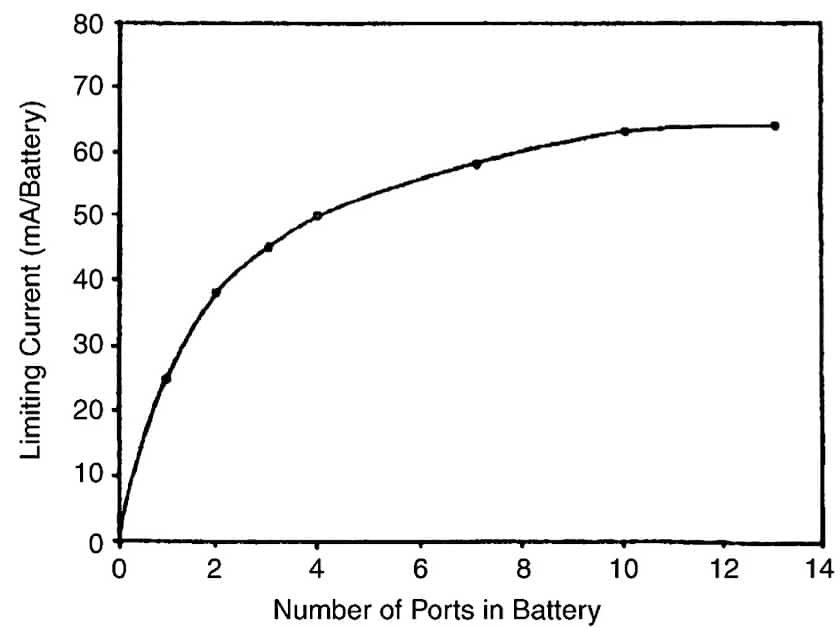Lauren Storck writes about the crucial need for captioning – on social media as well as at live campaign events – to help voters with hearing loss understand their candidates’ election platforms.
By Lauren Storck
We the people! If you are part of a country that votes, you want to protect not only your right to vote, but your understanding of the issues; you want to “hear” candidates’ messages fully and make your own informed choices. Wherever you live, and no matter what political views you hold, voting is important. And for Americans, voting in 2016 is very important.
But will you have access and inclusion? Will you be able to understand your candidates when they talk on television? For many people with hearing loss, captioning is the key to understanding and inclusion, and much of the media from candidates on all levels (local, state, and national) lacks quality captioning, especially on the Internet. Having good quality closed captioning on all videos is vital. Video captioning is not expensive, either; it’s actually free on some systems! CCAC (Collaborative for Communication Access via Captioning) is the foremost advocacy group for captioning to benefit people with hearing loss. Captioning resources for all candidates can be found on the project webpage called “Captions Capture the Votes”. Let them know about it!
 Candidates are holding live campaign events all over the country which should provide live captioning called CART (Communication Access Realtime Translation) or speech-to-text (STT), that allow people with hearing loss to see the words, live and in real time, as a candidate speaks and answers questions. The cost of providing captioning is not hugely expensive but requires advance arrangements, so start asking for this now. It is your right – and without this information, how will you know whether you want to vote for a particular candidate?
Candidates are holding live campaign events all over the country which should provide live captioning called CART (Communication Access Realtime Translation) or speech-to-text (STT), that allow people with hearing loss to see the words, live and in real time, as a candidate speaks and answers questions. The cost of providing captioning is not hugely expensive but requires advance arrangements, so start asking for this now. It is your right – and without this information, how will you know whether you want to vote for a particular candidate?
If we use hearing aids or implants, most of us still need captioning for full understanding of the spoken word. The millions of people who benefit from captioning are not just those with hearing loss; it’s used by people with different first languages and those who have other language, perceptual, or sensory needs.
Curiously, many candidates and others still think that most people with hearing loss use sign language. This is far from the reality since 95% or more of us (up to 50 million in the USA alone) with hearing loss or deafness do not use signing. Besides our residual hearing and assistive technology, we depend on quality captioning. It’s important that you specify this to candidates and organizers think by hiring sign language interpreters, we all understand.
Do you have live event captioning for your town meetings or for your state legislature? Good citizenship requires equal communication access and for people with hearing loss that means quality captioning, the world’s language. Elections with a long build-up time such as here in the United States, offer a good opportunity to educate other voters and the candidates about the needs of people with hearing loss, especially the need for live event captioning. But in fact, we need this for all government meetings all year long. See model advocacy letters on the CCAC webpages for this project and related advocacy.
Active voter participation and active citizen involvement in government meetings build healthier communities. Voting connects us to our neighbors, our government, and the civic matters that affect us all. Be part of “public policy” by being an informed voter and talking to the candidates.
We say that “Captions Capture the Votes” because we believe it’s a win-win situation for all candidates to reach us with quality captioning for all campaign media ae well as live campaign events. Not only in the United States but everywhere where people with hearing loss care live and care about inclusion and access.
Lauren Storck is the President of the CCAC and in past lives she lived and worked in five countries after earning her Ph.D. in Psychology (in New York). As a clinician, teacher and consultant, her publications span a variety of issues, including group and social dynamics, leadership and online behavior, aging, intercultural and women’s issues, and hearing loss. She has been deafened for 15 years.
 Collaborative for Communication Access is a non partisan, volunteer, captioning advocacy effort. We are everywhere on social media and we need your help in order to help you better. CCAC members are available to talk with you and any candidate about how to make their message accessible to people with hearing loss. For some interesting videos on our work: www.youtube.com/user/CCACORG/videos
Collaborative for Communication Access is a non partisan, volunteer, captioning advocacy effort. We are everywhere on social media and we need your help in order to help you better. CCAC members are available to talk with you and any candidate about how to make their message accessible to people with hearing loss. For some interesting videos on our work: www.youtube.com/user/CCACORG/videos
Photos courtesy Lauren Storck






